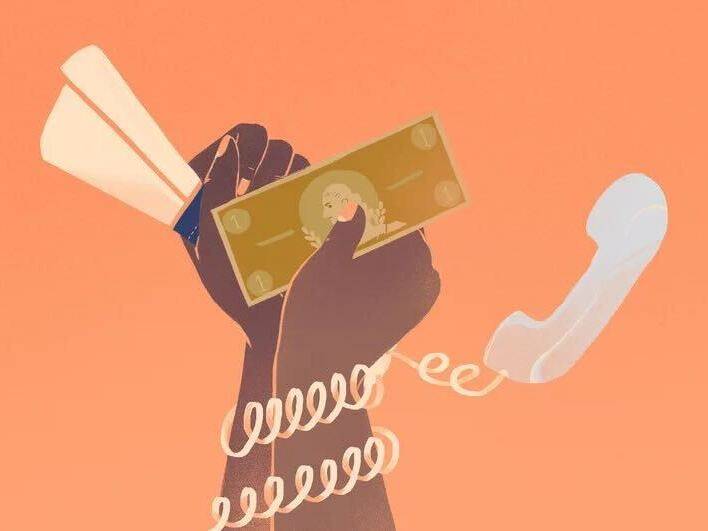Waiting for loan forgiveness, borrowers are targets for scammers
After President Biden announced his sweeping student loan forgiveness plan in August, borrowers flooded the studentaid.gov website for information on what to do next. For a lot of them, the answers weren’t particularly satisfying: sign up for an email alert and wait for the application to be released in early October.
Carolina Rodriguez says she’s already getting emails from anxious clients worried about getting their debts forgiven before student loan payments resume in January. She’s director of the Education Debt Consumer Assistance Program in New York.
“The stress is about to hit. As the weeks go by, the stress is going to be real,” she says.
And that stress has left an opening for scammers to step into.
“It’s a ripe environment for scammers to really prey on that kind of desperation,” says Katie Paul, director of the Tech Transparency Project, or TTP, a nonprofit organization that monitors tech companies.
Scams were a problem even before Biden’s announcement. More than 1 in 10 Google ads for searches on student loan forgiveness were fraudulent, according to a TTP report in July. And while new data isn’t yet available, experts tell NPR the problem has gotten worse in the weeks since Biden’s big reveal, with borrowers encountering scams in text messages, phone calls and emails. There’s even a gray area of legitimate companies asking borrowers to pay for student loan services that should be free.
Education Secretary Miguel Cardona says he’s aware that “there are bad actors out there.” He recently told NPR his advice to borrowers is simple: “Go to our website studentaid.gov/debtrelief to get information and don’t go anywhere else. Don’t open up those emails. Don’t.”
But promising borrowers debt relief and then asking them to hold on for over a month has left many vulnerable to fraud.
When asked why the administration did not wait to announce the program until the application was ready for borrowers, Cardona said, “we couldn’t create an application if it hadn’t been a policy that the president would have put forth.”
While the government takes the time to now build out the program, experts say borrowers are exposed on all sides: texts, emails, ads and phone calls.
Borrowers receive scam…


